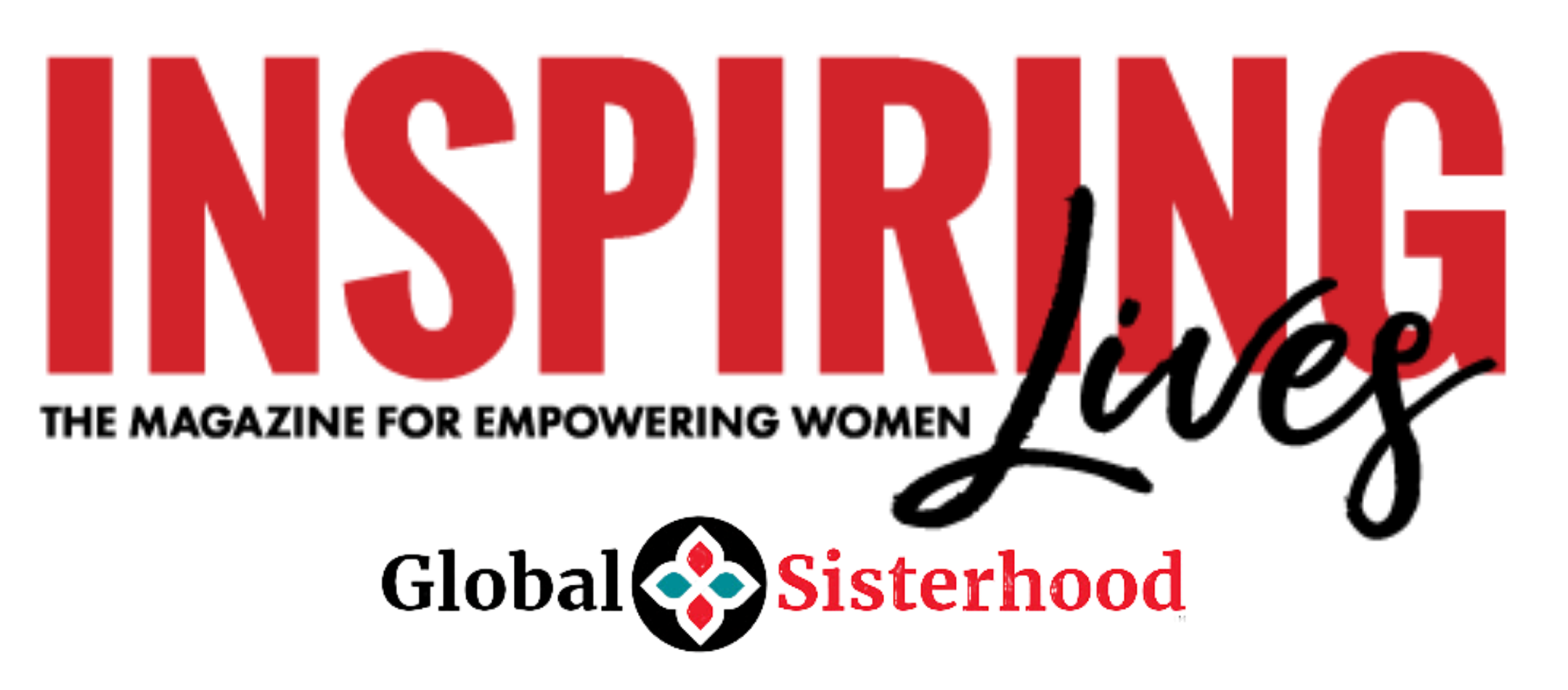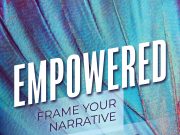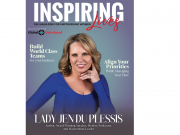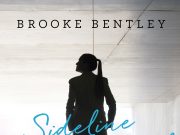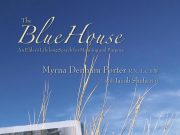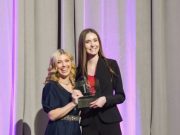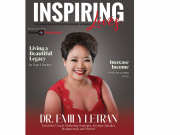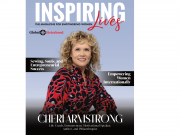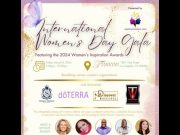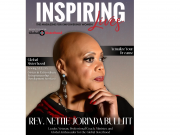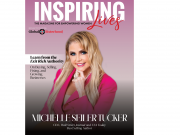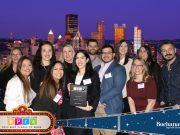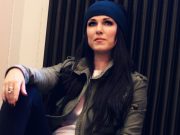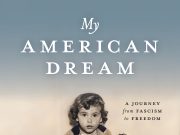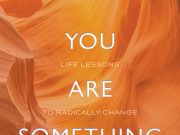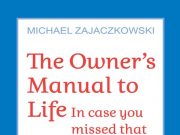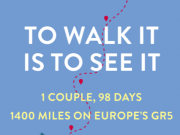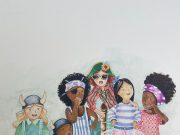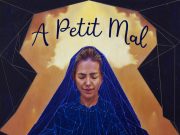Writing is a friend with many faces. Unbridled, she invites our deepest emotions and most profound experiences to flood a written page. With a more disciplined flair, she sorts through many threads of thought to articulate a clear and cohesive message. As often is the case with friends, writing reveals things about ourselves we didn’t know were there. Whether our relationship with writing is casual, intense, cautious, or ready to take a risk, we get to know ourselves at a deeper level by the mirror the pen on the page provides.
My own relationship with writing has spanned decades, running the gamut from raw, uncensored journaling – to – tight, precise, professional documents, sometimes simultaneously. At the time, a part of me was excelling professionally while another part was decompensating from chronic early childhood trauma. It seemed my writing was serving as a bridge between the two, and I could draw on my strengths as an administrator while the rest of me wrote like a hurt child who needed to be heard. With therapeutic support, those disparate parts came to know each other and round out the messages each had to share. Writing became my friend who helped me get to know myself.
Since those years of privately plumbing my depths with the written word while writing explicitly for a captive professional audience, I decided to offer a similar experience to other people with dissociative disorders like me. As with most newly forming friendships, the people who came to my bi-weekly writing workshops were curious, cautious, and filled with anticipation. I believed they would get to know themselves better through writing. What I didn’t count on was the explosion of trust, growth, bonding with other participants, and commitment to the process. From all walks of life, these brilliant and brave people were writing profoundly and sharing like old friends.
Take, Sharon, for example (fictitious names for real people). Revealing her past wounds through rhythm-bound rap, her poetry plucks our heartstrings when she performs her writing. Or Jackson, who had no voice but now follows his floodgates, teeming with honesty, anger, and empowerment. I can’t forget Pearl who asks for critical feedback to hone the stories of her memoir, born of deep work that won’t let her rest on any laurels. In the past year, these survivors, and more, formed a loosely organized group called Dissociative Writers, contributed guest posts to my weekly blog, led a workshop on writing at an international healing conference, and published an anthology of writing called Creative Healing.
Some friendships come and go, supportive when it’s convenient and absent when the mood strikes. Occasionally, though, we come across a friend of a different stripe who is always there. Who knows us better than we know ourselves. Who leads us deeper into self-understanding. Who takes us outside of ourselves into relationships with others. Who heals us and makes us whole.
Take the initiative to open your computer or put your pen to paper, and let your best friend – writing – do the rest!
Lyn Barrett currently is a speaker, retreat leader, author, and ordained minister. Her book, Crazy: Reclaiming Life from the Shadow of Traumatic Memory was released in January 2022
